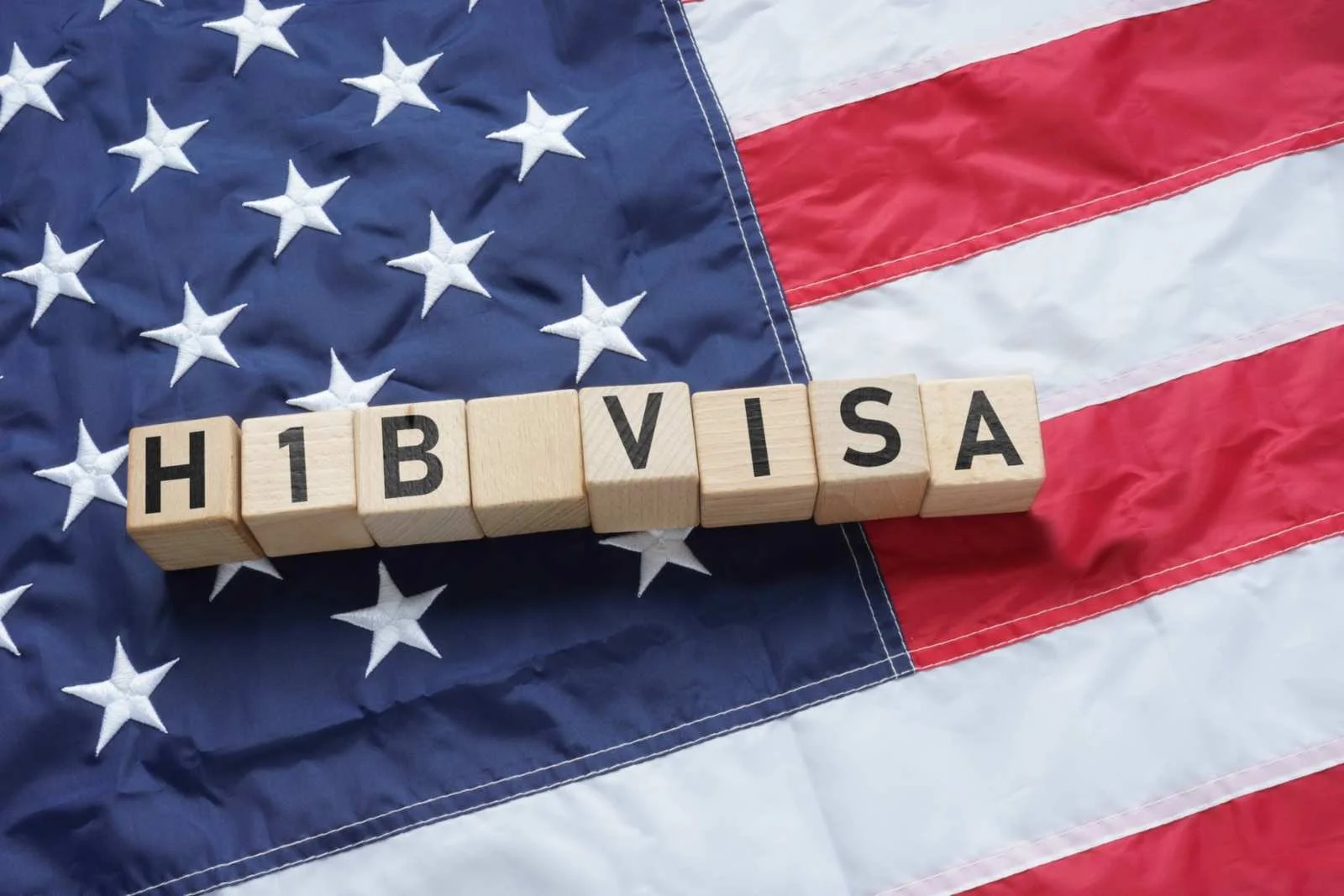Trump’s $100K H-1B Visa Fee: What It Means for Employers and Workers
A Closer Look at the Trump H-1B Visa Policy
The Trump administration has made substantial changes for working visas in the United States. The most impactful is the $100,000 fee for certain H-1B visa petitions. The Trump H-1B Visa Policy is part of the administration's broader changes to immigration. These policy shifts will affect employers, prospective employees, and the immigration landscape. It's crucial for businesses and individuals planning to navigate the H-1B visa process in the coming years to know how these changes will affect them. This guide, supplied by Hurtubise Weber Law, highlights some important facts about the new fee structure and exemptions. For more assistance with visas and immigration status, contact our office.
What's New for the H-1B Visa in 2025
Starting September 21, 2025, a new $100,000 fee will apply to certain H-1B visa petitions. This H-1B visa 2025 update represents a major shift in the cost structure of hiring foreign skilled workers. The fee only applies to new H-1B petitions filed for individuals currently outside the United States who will undergo consular processing to obtain their visa. If you're already in the U.S. on an H-1B visa or applying for an extension or transfer, this fee does not apply to you. The policy aims to increase revenue and reduce the volume of future H-1B applications. By shifting the financial burden onto employers seeking to bring in new talent from abroad, the administration hopes to drive hiring of U.S. citizens for these roles.
Who Pays the $100,000 H-1B Visa Fee?
Employers are responsible for paying the $100,000 H-1B visa fee under the new policy. It's a substantial financial commitment that companies must budget for when hiring foreign workers, but there are exemptions. Certain companies hiring healthcare professionals and engineers are not required to pay this fee due to the high demand for these roles within the U.S. economy. Cases that meet the criteria for a national interest waiver might also be exempt if they can show that the worker's role provides substantial benefits to the United States. This includes fields such as public health, technology, or research. Employers are encouraged to thoroughly evaluate their hiring strategies and seek advice from immigration attorneys to assess whether their positions meet the requirements for exemptions or waivers, potentially reducing expenses.
H-1B Consular Processing Fee and Documentation
The consular processing fee is a critical part of the visa application process for applicants abroad. After the employer files and the U.S. Citizenship and Immigration Services (USCIS) approves the H-1B petition, the applicant must attend a visa interview at a U.S. consulate in their home country. The new $100,000 fee must be paid before the consular interview as part of the petition filing process. In addition to the fee, applicants will need to provide documentation, including:
A valid passport
The approved I-797 petition
Form DS-160
Visa application fee receipts
Educational credentials
Proof of employment
Processing times can vary by country and consulate workload. This makes early preparation and accurate documentation essential. Anything to avoid delays and ensure a smooth transition to working in the United States will help the process.
Strategic Workarounds and Alternatives
The new H-1B fee is substantially more than it used to be and might be prohibitive for many employers. There are some other options for employers and applicants. These include:
Cost-Sharing Agreements - Some companies are negotiating these with employees, though this must be carefully structured to comply with labor laws.
Early Filing - If applications and processing were completed before the fee took effect on September 21, 2025, they should not be subject to the new policy.
Visa Batching - Some employers might try this method, where multiple H-1B petitions are filed simultaneously to streamline costs.
O-1 Visa - This is for individuals with extraordinary abilities in the sciences, arts, education, and business.
L-1 Visa - This may apply to you if you're transferring to the U.S. from another country and staying with the same company.
TN Visa - Under the USMCA agreement, Canadian and Mexican professionals in fields such as engineering, IT, and science can file for this type of visa.
EB-1A Green Card - This is another, self-sponsorship, option for those with exceptional skills.
Consulting with an experienced immigration attorney can help identify the best pathway for your situation.
Plan Ahead for H-1B Changes
The new H-1B visa executive order represents a major change in U.S. immigration law that will affect employers and applicants into 2026 and possibly longer if the policy is extended. Understanding who pays the fee, which roles are exempt, and what alternatives exist is helpful to avoid setbacks and surprises. If you're an employer looking to hire skilled foreign workers, early preparation and legal counsel are key. Hurtubise Weber Law stays current with the latest immigration developments, providing clear, practical advice for companies. Contact us today to discuss your company’s H-1B visa hiring options and develop a strategy that works for you.

